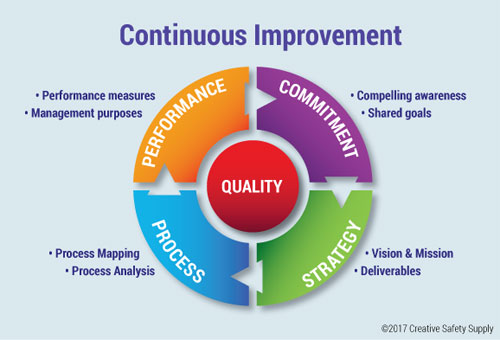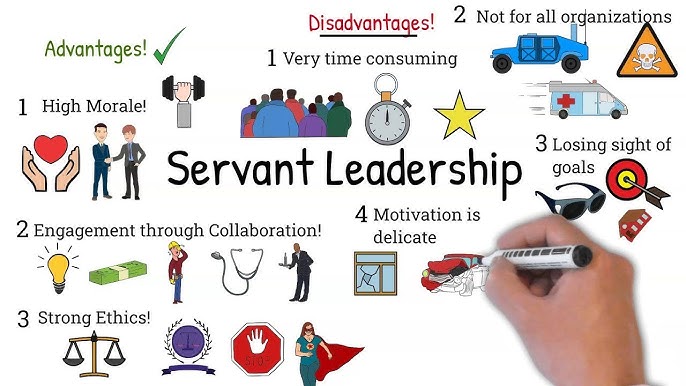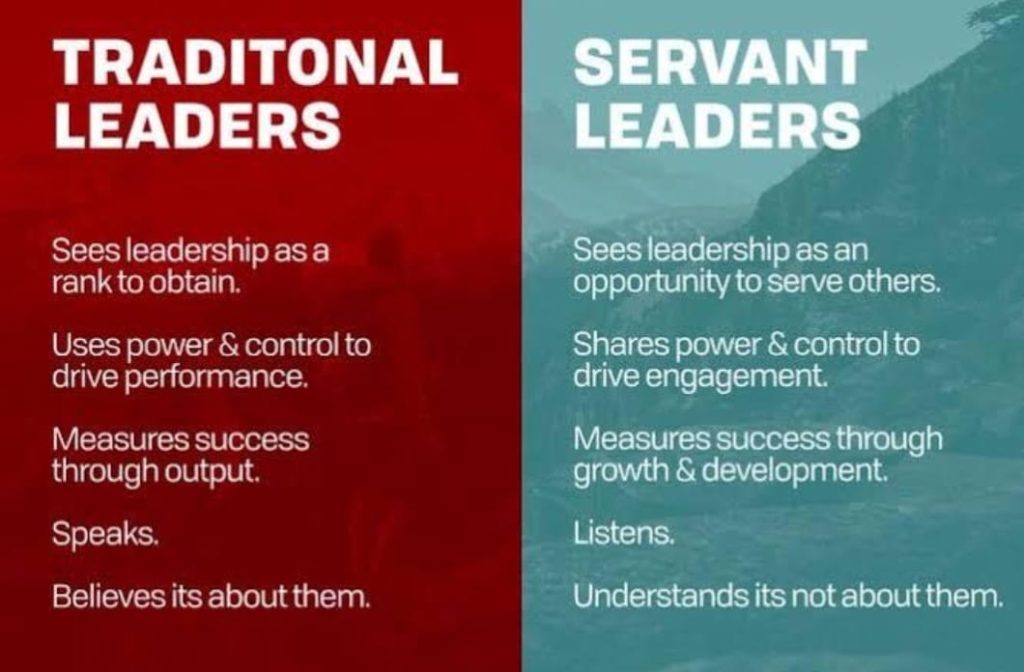Yes, Training is increasingly vital in today’s fast-paced world due to technological advancements and changing job requirements. Here are key areas needing significant training:

1 Technical Skills
Programmers must regularly update their knowledge of new languages and frameworks, such as React.
Example: Software Development
2. Data Analysis
Professionals must be trained in tools like Python or SQL to analyze data effectively.
Example: Data Science and Analytics
3.Cybersecurity
Training in threat detection and risk management is essential due to evolving cyber threats.
Example: Network Security

4. Soft Skills
Effective communication and negotiation training improve organizational collaboration.
Example: Leadership and Communication
5. Project Management
Training in Scrum and Kanban enhances project delivery in Agile environments.
Example: Agile Methodologies
6. Health and Safety
Example: Workplace Safety Protocols
Employees must be trained in safety regulations, especially in high-risk industries.

7.Customer Service
Training in resolving conflicts is crucial for enhancing customer satisfaction.
Example: Conflict Resolution
8. Sales Techniques
Example: Consultative Selling
Regular training helps teams meet evolving consumer expectations through consultative selling.
9. Lifelong Learning
The idea of “lifelong learning” is becoming the norm. With career paths changing more frequently than in the past, individuals must continuously learn and develop to stay adaptable and relevant in their fields.

10. Compliance and Regulation
In many industries like healthcare, finance, and IT, regulations and compliance standards are regularly updated. Ongoing training ensures that employees stay informed and comply with these regulations to avoid legal or financial repercussions.
11. Changing Job Market
Many traditional jobs are being disrupted by automation, AI, and other technological changes. As a result, people need to acquire new skills or reskill to remain employable. Fields such as data science, cybersecurity, and machine learning are booming, and specialized training is necessary to enter or advance in these industries.
The changing work landscape highlights the need for continuous training. Organizations that invest in training can adapt quickly, foster innovation, and achieve overall success.

15 Inspirational Learning and Training Quotes
- “Tell me and I forget, teach me and I may remember, involve me and I learn.”
– Benjamin Franklin - “The more that you read, the more things you will know. The more that you learn, the more places you’ll go.”
― Dr. Seuss - “Live as if you were to die tomorrow. Learn as if you were to live forever.”
― Mahatma Gandhi - “In learning you will teach, and in teaching you will learn.”
― Phil Collins - “Learning never exhausts the mind.”
― Leonardo da Vinci - “For the things we have to learn before we can do them, we learn by doing them.”
― Aristotle, - “Leadership and learning are indispensable to each other.”
― John F. Kennedy - “Wisdom…. comes not from age, but from education and learning.”
― Anton Chekhov - “Bodily exercise, when compulsory, does no harm to the body; but knowledge which is acquired under compulsion obtains no hold on the mind.”
― Plato - “For the best return on your money, pour your purse into your head.”
― Benjamin Franklin - “I am always doing that which I cannot do, in order that I may learn how to do it.”
― Pablo Picasso - “Learn as if you were not reaching your goal and as though you were scared of missing it”
― Confucius - “Intellectual growth should commence at birth and cease only at death.”
― Albert Einstein - “The beautiful thing about learning is that nobody can take it away from you.”
― B.B. King - “Anyone who stops learning is old, whether at twenty or eighty. Anyone who keeps learning stays young.”
― Henry Ford
https://www.linkedin.com/feed/
Thanks for reading.








